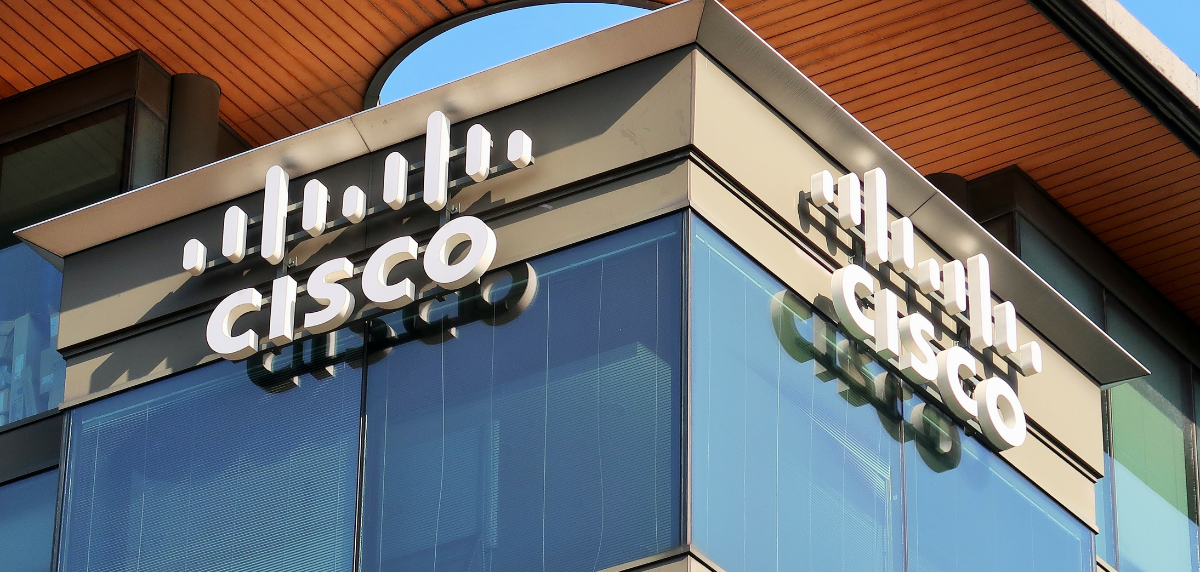Cisco Hardware Lead Times Update
Like most things that got interrupted when COVID hit in 2020, so too did the supply chain Cisco used to build its products. We saw 4- to 12-week...

When it comes to technology, everyone wants the hot new item, but the pretty new things aren’t always in your budget. This is certainly true in the network hardware world. Naturally, the bigger original equipment manufacturers (OEMs) are going to push the newest models, but they may include bells and whistles you don’t want or need.
This is where the secondary market comes into play. The big players have lambasted the secondary market, calling it the grey market, and they use fear to dissuade people from purchasing used equipment.
We’re here to tell you that fear is unfounded. Buying used equipment will save you money on more than just parts. Let’s dive in.
The secondary market is a broker’s world where people can buy and sell pre-owned network hardware. This is the best place to turn when you’re looking for older-generation hardware or an upgrade to your current hardware that isn’t the newest version on the market.
The secondary market has gotten a bad rep from OEMs because they say you don’t know where the hardware comes from, what condition it’s in, if it’s authentic, and that it’s unsupported, among other concerns.
While there may be some less reputable companies selling on the secondary market, if you do your research and check their facts, you’ll find what you’re looking for at a much lower price.
If you’re still unsure about purchasing equipment, a reputable secondary market seller should be able to explain their policies to you. If they cannot, don’t work with them.
A sales engineer (SE) is someone who understands technology on a deeper level than your average salesperson. They have experience with technology, understand its qualities and limitations, and are more qualified to make recommendations based on your needs.
When you work with a reputable secondary market seller like Edgeium, you work with SEs with extensive industry knowledge of nearly every OEM, not just the big players. You can feel confident you’re buying hardware based on your actual business and growth requirements — not just the newest product. It’s also backed by an industry-leading warranty.
Bottom line: A good SE should be a trusted confidant, someone you rely on as an extension of your team.
"Edgeium's fast turnaround on quotes, quick shipping, and follow-up allows me to focus on my job - not the when and how of logistics of gear. They work easily with my team and offer technical expertise when I don't have the time to research parts and compatibility. That alone make my job more efficient and easier."
-Senior Network Engineer, Top 5 Transportation Company
Sales engineers exist in the secondary market, but why are they so hard to find? Many salespeople don’t have engineering backgrounds or experience with products — in fact, most of them are simply order-takers. They aren’t able to make recommendations about any solutions, much less solutions from multiple vendors. Oftentimes, they have limited knowledge of one product — the product they push — and they don’t offer choices.
So what happens is this: The sales rep simply quotes what the customer has provided without the necessary knowledge of what is currently installed in their network. Without knowing what solution these devices are trying to solve, there may be unintended consequences. A customer device may not do what it was expected to do, or worse yet, it may not be compatible with other devices that lie upstream or downstream. This can put a customer in a bind while also risking network downtime.
A sales engineer knows what the customer is trying to accomplish, makes the necessary recommendations, and includes all parts and accessories to complete the solution.
Stepping into the unknown feels unsettling, but it can be a rewarding experience for you, your department, and your budget. Here are some tips for navigating the secondary market.
If you’re heading to the secondary market for network equipment, work with a vendor that empowers you to choose the right equipment for your business needs and not a solution that makes them more money.
When you work with Edgeium, you get access to a vast inventory of tested products backed by a lifetime warranty. 98% of our inventory comes directly from an end-user relationship. In the event that you receive a faulty product (which doesn’t happen often — our failure rate last year was less than 1%), we will ship you a replacement product that same day, no questions asked.
You’re also guaranteed:
Reduce IT budget maintenance spend with Edgeium’s CovrEDGE — a third-party alternative to OEM IT maintenance.
Subscribe to our Monthly Newsletter.
✅ Expert IT tips you can actually use
✅ Cost-saving solutions that boost ROI
✅ Straightforward insights — just value
All straight to your inbox.
No spam. No sales pitches. Just better networks.

Like most things that got interrupted when COVID hit in 2020, so too did the supply chain Cisco used to build its products. We saw 4- to 12-week...

When Old Habits Don’t Fit Modern Realities One of my favorite stories is the "ham story." It’s an allegory about why we cling to outdated practices...

Thomas Edison put it this way, “Waste is worse than loss …. Every person who lays claim to ability will keep the question of waste before him...